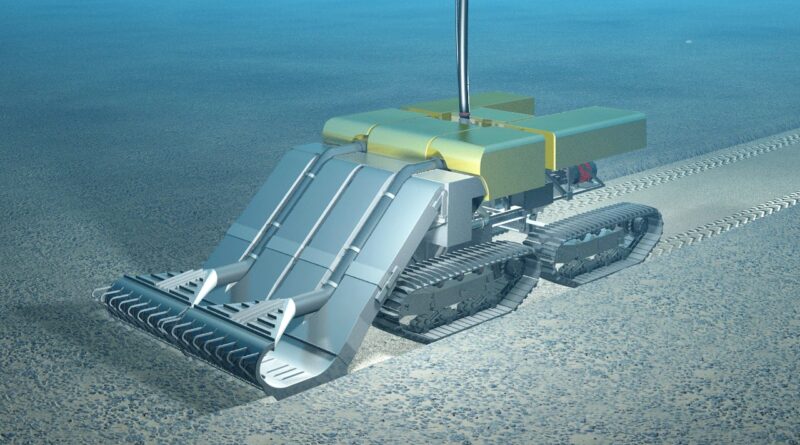Norway approves Arctic seabed exploration for critical minerals
Norway’s parliament recently sanctioned Arctic seabed exploration to extract critical minerals, marking a groundbreaking leap toward commercializing deep-sea mining worldwide. The decision aims to pivot away from oil dependency but sparks apprehension regarding potential environmental consequences for deep-sea ecosystems.
Energy Minister Terje Aasland highlighted the nation’s intent to explore sustainable methods, emphasizing the responsible approach undertaken.
The exploration and extraction processes will mirror Norway’s oil and gas exploration methodologies. However, the specifics of taxation on critical mineral exploration and extraction remain undecided, awaiting future deliberation.
Despite an agreement reached between government and opposition parties in December, concerns persist among environmentalists who fear adverse effects on biodiversity. Nevertheless, Tuesday’s agreement promises more stringent environmental standards than initially proposed.
Norway’s preliminary survey last year revealed substantial metal and mineral reserves, including a significant 38 million metric tons of copper. The Nordic Council of Ministers estimates over 43 million metric tons of economically viable rare earth mineral deposits across Nordic bedrock.
Governments globally seek to reduce reliance on China for critical minerals, necessitating de-risking strategies. While this pursuit aligns with greener technology goals, deep-sea mining poses considerable threats. The International Union for Conservation of Nature (IUCN) warns of detrimental impacts, including habitat disturbance and pollution that can severely affect marine life.
The plan outlines environmental studies before granting mining licenses, intending to safeguard marine ecosystems rich in vital minerals like lithium, cobalt, and scandium. Companies are mandated to submit detailed proposals, emphasizing the need for responsible mining practices.
However, experts caution against the profound environmental implications of deep-sea mining, echoing concerns of significant ecosystem damage. European politicians and global marine scientists have vehemently opposed this decision, emphasizing the potential risks and irreversible ecological losses it might incur.
The lack of comprehensive understanding of deep-sea ecosystems underscores the substantial risks involved in Norway’s venture into commercial deep-sea mining. The decision’s ramifications could extend far beyond prediction, posing unprecedented challenges for extraction and preserving marine biodiversity.




